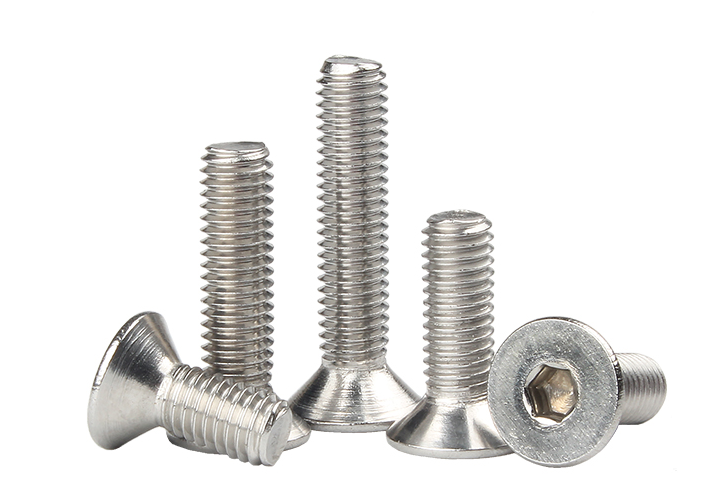

Understanding the Importance of Lock Nuts in Mechanical Applications
Sep . 25, 2024 04:58 Back to list
Understanding the Importance of Lock Nuts in Mechanical Applications
Understanding Lock Nuts Essential Components for Mechanical Stability
Lock nuts, commonly referred to as locking nuts, play a crucial role in various mechanical applications by preventing loosening due to vibration or movement. These specialized fasteners are designed to maintain the integrity of joints and keep components securely fastened. This article explores the significance, types, and applications of lock nuts in engineering and machinery.
What are Lock Nuts?
Lock nuts are a type of nut that uses various mechanisms to resist loosening when subjected to vibrations or heavy loads. Unlike regular nuts, which can easily loosen over time, lock nuts are engineered to secure their position and maintain tightness under challenging conditions. They are widely used in automotive, aerospace, and construction industries, among others, where reliability and safety are paramount.
Types of Lock Nuts
There are several types of lock nuts, each designed for specific applications
1. Nylon Insert Lock Nuts These nuts have a nylon insert that embraces the threads of the bolt, creating friction that prevents loosening. They are commonly used in applications where the fastener will not be frequently removed.
2. All-Metal Lock Nuts These nuts have built-in deformations that grip the bolt threads. They are ideal for high-temperature environments where the nylon insert would fail.
lock nut

3. Castle Nuts Featuring slots on the outer surface, castle nuts are secured with a cotter pin. This design is useful in applications requiring added safety and assurance against loosening.
4. Serrated Flange Nuts These nuts have serrations on the flange that dig into the surface of the material being fastened, providing a locking effect.
5. Self-Locking Nuts These nuts utilize the inherent friction between the nut and bolt threads to remain secure. They are often found in high-stress environments.
Applications of Lock Nuts
Lock nuts are employed in a vast array of applications. In the automotive industry, they ensure that critical components like wheel assemblies remain securely fastened. In construction, they are vital for anchoring structural elements and machinery. Moreover, in aerospace, lock nuts contribute to the safety of aircraft by preventing component failure during flight due to loosening.
Conclusion
In summary, lock nuts are indispensable components in ensuring the safety and reliability of various mechanical systems. Their unique designs, which include friction, deformations, and additional features like nylon inserts, make them highly effective in combating loosening caused by vibrations and loads. Understanding the different types of lock nuts and their applications empowers engineers and technicians to make informed choices, ultimately enhancing the performance and durability of their projects. Whether in automobiles, aircraft, or construction, the importance of lock nuts cannot be overstated.
Latest news
-
Hot Dip Galvanized Bolts-About LongZe|High Strength, Corrosion Resistance
NewsJul.30,2025
-
High-Strength Hot Dip Galvanized Bolts - Hebei Longze | Corrosion Resistance, Customization
NewsJul.30,2025
-
Hot Dip Galvanized Bolts-Hebei Longze|Corrosion Resistance&High Strength
NewsJul.30,2025
-
High-Strength Hot-Dip Galvanized Bolts-Hebei Longze|Corrosion Resistance&High Strength
NewsJul.30,2025
-
Hot Dip Galvanized Bolts-Hebei Longze|Corrosion Resistance&High Strength
NewsJul.30,2025
-
Hot Dip Galvanized Bolts - Hebei Longze | Corrosion Resistance, High Strength
NewsJul.30,2025

